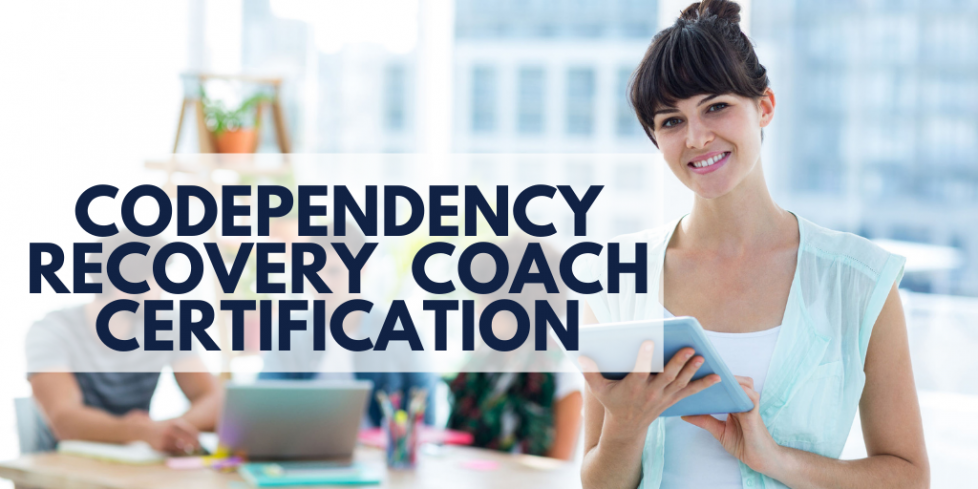
Get Your Codependency Coach Certification and Become a Certified Codependency Recovery Coach
What is codependency?
Definitions of codependency have changed over time as research in this area has progressed. Codependency was originally only related to people who enables people with addictions. However, new definitions have been developed as it became understood that this behavior was not specific to only enablers of people with addictions. Codependency is now defined as a behavior where a person is consistently involved in one-sided relationships, taking on a role as the helper. This person relies on the other person to meet their emotional needs. A codependent person always seems to get involved with people who have serious emotional problems, such as addiction.
Codependency Coach Certification
In this training, you will focus on coaching individuals who may portray signs of codependency. You will learn how to coach utilizing transformation tools and evidence-based coaching methods that have already been established in the field by professionals.
Upon Successful Completion, You Will Be a:
- Certified Codependency Recovery Coach (CCRC)
Once you get your Codependency Coach Certification, you will be able to:
- Start your own codependency recovery coaching business.
- Conduct one-on-one codependency recovery coaching sessions from home or private office.
- Conduct codependency group coaching sessions.
- Offer codependency recovery seminars and workshops.
- Offer codependency recovery webinars and teleconferences.
- Write codependency coaching books and articles.
- Create high-valued, codependency recovery coaching courses.
- Collaborate with counselors, therapists, and employee assistance programs, and so much more.
What you will learn:
- Understanding of codependency
- Coaching the Active Codependent
- Coaching the Passive Codependent
- Identifying the cover-up
- Identifying what they desire
- Redirecting the victimizing talk behavior
- Encouraging a forward conversation
- Understanding when it’s outside of the coach’s scope
- How to teach the client to recognize their triggers
- Listening for deep-seated wounds
- When to recommend therapy
- Listening for the clients need to control
- Understanding how L.R.C. works in a client
- Starting the process of eliminating L.R.C.
- The 10 step Coaching Tools on how to help a client give up the need to control.
- Helping the client find a new purpose
- Listening for positive words and speech and when to seize the opportunity to for goal setting
- Identify excuse patterns
- Excuses vs. Procrastination vs. Fear
- Taking an emotional inventory with the client
- Good vs. Bad emotional baggage
- Helping the client identify feelings they can use towards their recovery.
- Developing a new set of principals
- Identify if the client is feeling better and may not require additional sessions.
- Helping clients when they lose steam
- Setting Boundaries
- What to do when a client is nearing the recovery stage, and a trigger occurs
- How to Coach a client who is currently being manipulated by their L.R.C.
- How to Coach a client is a Domestic Violence Relationship.
- Practicing the Art of Being Okay
- Entering New Relationships
Access to the Student Center
- The Coach’s Success Path– Business Building Program
- Live online classes
- International Coach Federation (ICF) Hours
- Tools, Forms, and Exercises
- Library packed with books, audios, and videos
- Community of Coaches
- Coach Starter Kit
Client Agreement Form
Policies and Procedures Form
Background Questionnaire Form
Sample Welcome Letter
Individual Coaching Plan Form
Goal Setting and Action Planning Form
Marketing Survey
Payment Letters
>> Click here to learn more <<